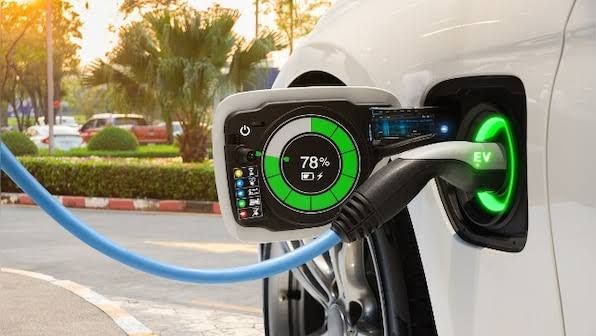In a groundbreaking shift within the automotive industry, China is set to witness its electric vehicle (EV) sales eclipse those of traditional gasoline powered cars, a milestone anticipated to be reached several years earlier than projections for Western markets. Analysts associate such fast transformation with the confluences of government policy, consumers’ demand, and technological breakthrough.
In an increasingly sustainable energy solutions world, China has taken on an ambitious lead in revolutionizing EVs. With comprehensive networks of charging stations spread widely throughout the country, electric vehicles have been inducted and are being driven very hard toward green technology usage as part of solving problems like air pollution and global climatic changes.
In 2023 alone, sales of EVs in China have reached an impressive figure of 7 million units. This has resulted in a 40% rise over the previous year. Such government incentives as subsidies for purchasing an EV and strict regulations regarding the emissions of traditional vehicles have had a significant role to play in this change. Not only are these policies encouraging consumers to turn to electric alternatives but they also encouraging manufacturers to invest heavily in research and development.
The big carmakers of China, such as BYD and NIO, have been at the forefront in terms of new models appealing to a broad range of customers. Consumer preference is also changing. According to a recent survey, more than 60% of Chinese respondents said they prefer electric vehicles over conventional cars, driven by environmental considerations and savings in the long run. This increased acceptance is really helping break down the decades-old stigma that’s clung to EVs and now more consumers are looking at them as a viable, desirable choice.
Meanwhile, the Western automotive market has its own share of issues to deal with. While Europe and the United States continue to push toward electrification, they’re still way behind China in terms of quick adoption. These factors include inconsistent charging infrastructure, slower governmental policies, and a more conservative consumer base. Industry experts predict that if current trends continue, China could see its electric vehicle sales outpace traditional cars as early as 2025, setting a precedent that may redefine global automotive standards.
Such a historic paradigm shift cements a stance for China on environmental sustainability and also places it right atop the burgeoning EV market, whose future will be shaped dramatically by this seismic shift as the world watches China go electrifying. This might just be the blueprint China’s electric vehicle sales would take to guide other countries in the world to change to greener technologies, making the future much more sustainable.

